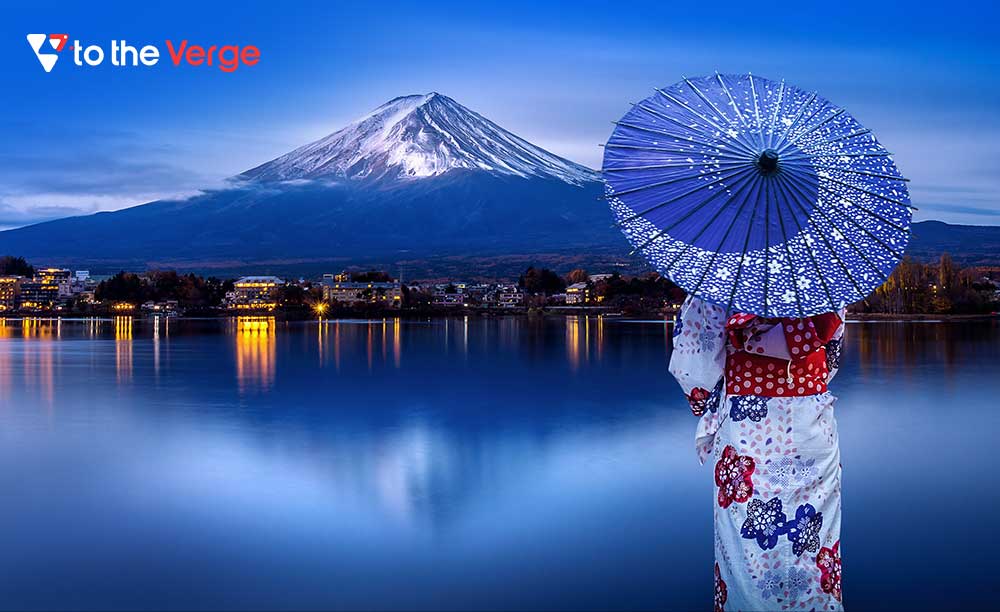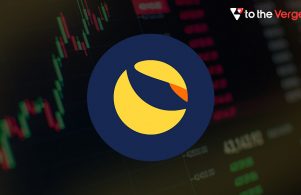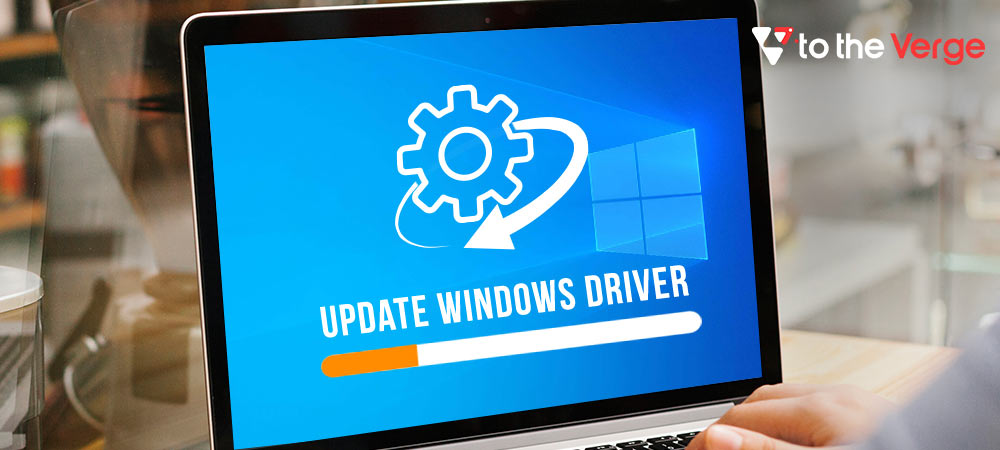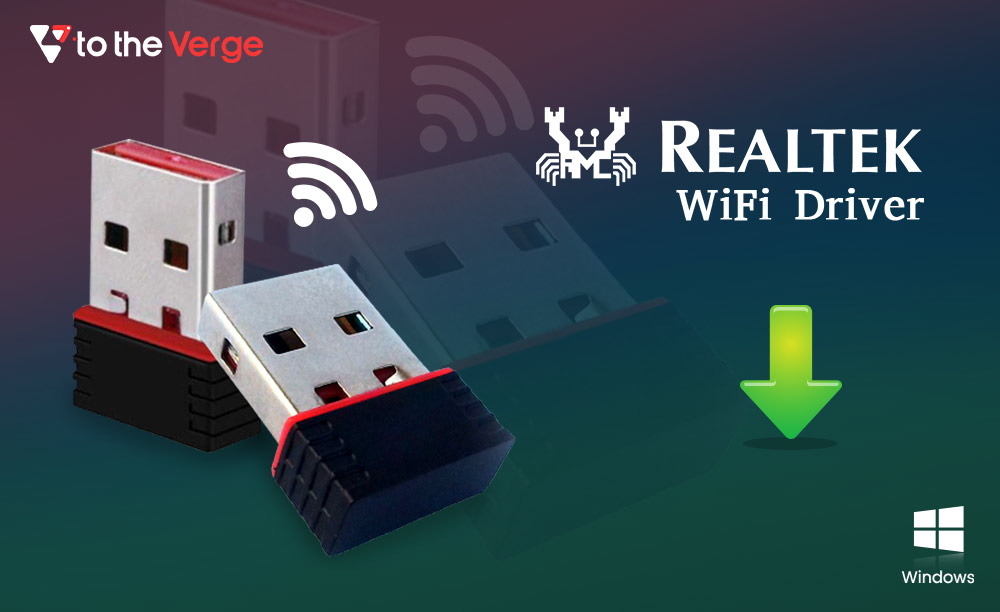Web3 is attracting experts from the conventional gaming business. Whether they are motivated by a fear of missing out or genuine confidence in blockchain technology, the trend looks to be irreversible, at least for the time being, as investment continues to stream into the field.
Oasys, a firm in Japan and Singapore developing a blockchain for game makers, has just raised $20 million. Republic Capital led the round, which included Huobi, Kucoin, Gate.io, Jump Crypto, Crypto.com, Bitbank, and Mirana Ventures.
Instead of a traditional equity round, the funds were raised through a private token sale, which “doesn’t dilute the equity of our venture that we firmly believe in” and “allows us to achieve a larger foundation of backers than just a classic equity fundraiser will,” according to Daiki Moriyama, director at Oasys.
The original team is heavily steeped in the Japanese gaming market. Still, the CEO chose Singapore as the firm’s second home since Japan “had regulatory concerns involving crypto-assets.” In recent years, Singapore has emerged as an Asian crypto powerhouse.
Slow transactions and high gas prices, the charges paid whenever a transaction is recorded on a blockchain, are two of the most significant challenges confronting blockchain-based applications. Infrastructure providers such as Solana, Avalanche, and Polygon attempt to make blockchain services more scalable.
Oasys, which is only five months old, has the same purpose. According to Moriyama, for most games to be “fun” or “excellent” on the blockchain, they must be highly scalable, with fast transaction speeds and little or no gas prices for consumers.
With an emphasis on blockchain games, Oasys has gathered a roster of gaming industry heavyweights to serve as “validators” on its blockchain. The network employs the “proof-of-stake” consensus process, which is less energy-intensive than the “proof-of-work” approach used by the Bitcoin chain. A validator in PoS “stakes” its tokens in the system and is accountable for confirming the validity of data kept in the network.
Bandai Namco Research, a research arm of the Japanese entertainment consortium; SEGA, a Japanese video game giant; French games group Ubisoft; South Korean video gaming companies Netmarble, Wemade, and Com2uS; and Yield Guild Games, an a16z-backed outfit in the Philippines that allows users to play games to earn tokens that can be cashed out, are among Oasys’ early validators.
Oasys eventually aims to delegate more governance authority to its community and move to a decentralized autonomous organization. Unlike a typical company with a board of directors who set the firm’s direction, a DAO or Decentralized Autonomous Organization has no central authority and depends on blockchain-based smart contracts to carry out community choices.
Oasys intends to use the additional funds to deepen relationships with game creators, virtual asset exchanges, and many others in the gaming and cryptocurrency industries. It will also invest in marketing, company growth, and recruiting. The firm employs around 20 people in Singapore, Japan, South Korea, and the United States.
When asked about potential collaborations with Oasys’ cryptocurrency exchange investors, Moriyama says, “There is naturally a firewall between the investment team and the listing team; however, the fact that the investment team has deemed us worth investing in is likely to be highly valued by the listing team as a result.”
Oasys is trying hard to have its tokens listed on several cryptocurrency exchanges.
Ritik Joshi is an innovative writer who is always chasing knowledge and trying to get a grasp of a little bit of everything. He keeps up with the latest trends of the emerging technologies and writes an insightful account about them. You may find him listening to music or around an espresso machine while he’s not writing.







![How to Update and Reinstall Keyboard Drivers on Windows 10/11 [A Guide]](https://wpcontent.totheverge.com/totheverge/wp-content/uploads/2023/06/05062841/How-to-Update-and-Re-install-Keyyboard-Drivers-on-Windows-10.jpg)
